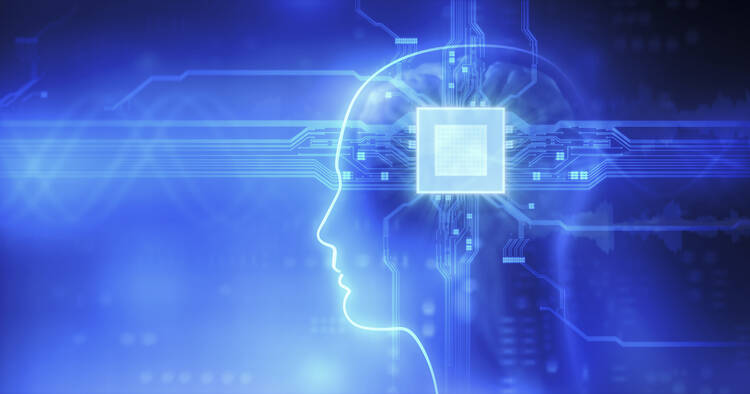Gene editing, brain chip implants and synthetic blood may sound like ideas out of a science fiction novel. Yet all three are emerging technologies being researched and developed today. These so-called human enhancements are aimed at reducing disease and improving cognitive abilities and physical strength. If you think these artificial modifications to the human person sound worrying, you are not alone. A recent Pew study found that most Americans would be “very” or “somewhat” worried about the potential uses of gene editing (68 percent), brain chip implants (69 percent) and synthetic blood (63 percent).
Those polled questioned the morality of such modifications and expressed concern that they could also increase inequality in the United States. Americans are about evenly divided on whether or not these procedures would be “meddling with nature.” But among those with the strongest religious commitment the answer was more certain: 64 percent believe that gene editing crosses the line, and 65 percent say the same of brain chip implants and 60 percent of synthetic blood.
As debates about these and other technologies take place, the Catholic Church is well positioned to fold these discussions into its seamless garment of life ethic (see “Means, Ends and Embryos,” America, 7/4). The church should help facilitate conversations around the moral questions raised by these issues. In a society that is uneasy with these changes, Catholic theologians and philosophers can offer guidance on the level of caution required as these unnerving and unpredictable practices move closer to reality.








